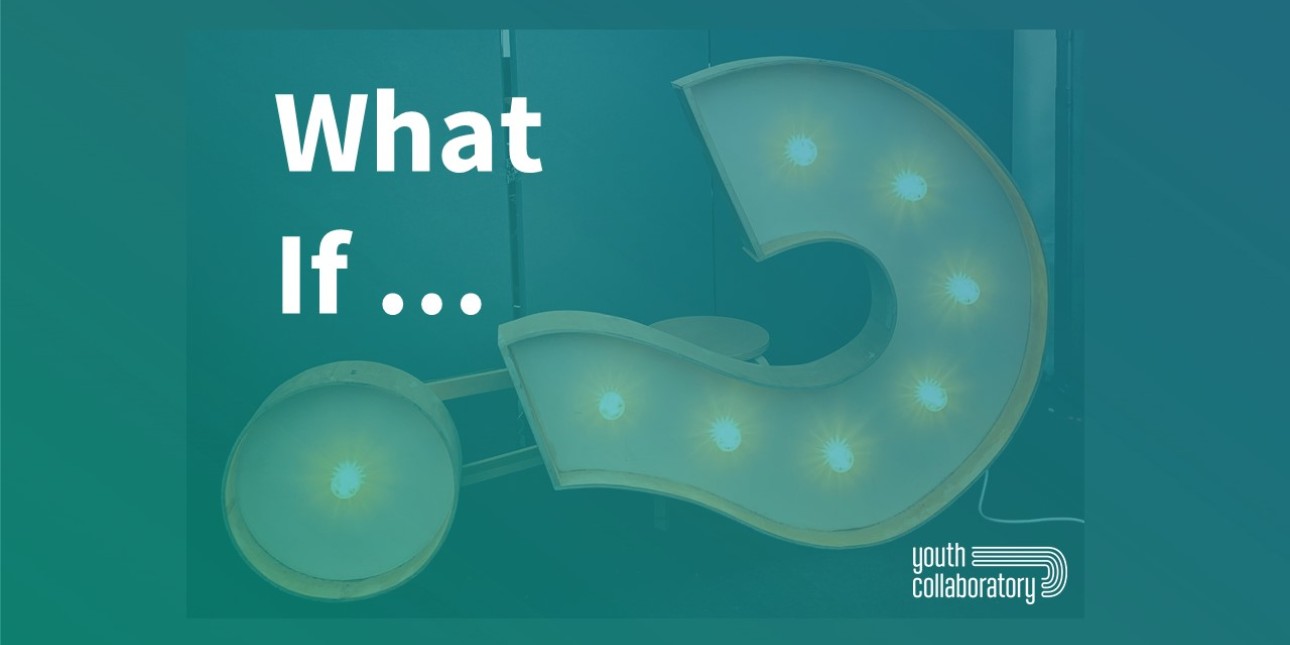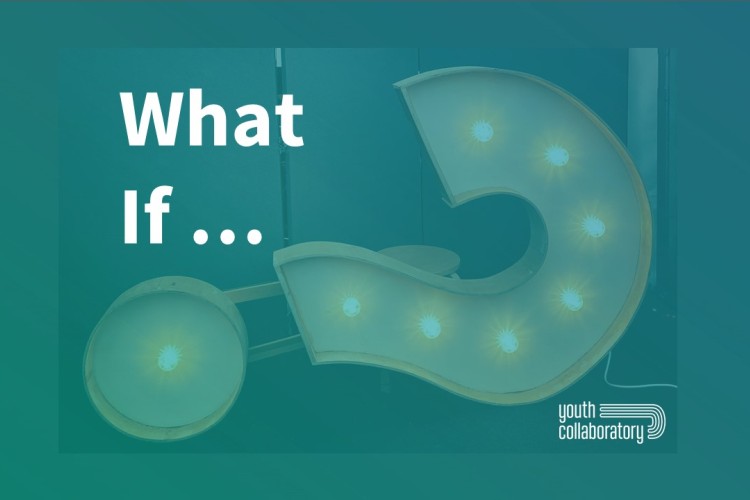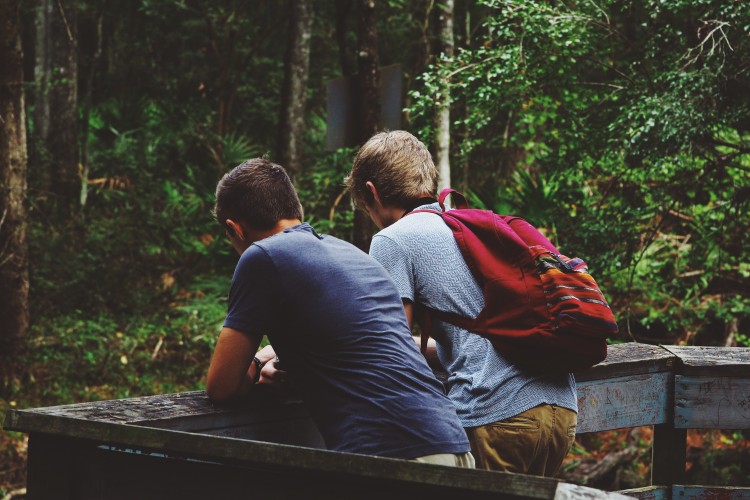
Overview
Starting in 2014, Youth Collaboratory partnered with researchers from the mentoring field to ask the question - what if? What if we stop looking at the broken pieces of youth impacted by incarceration and start looking at the unique assets these youth and their families bring to our community? With funding from OJJDP, we pulled what we knew about positive youth development and what we knew about mentoring and brought it together in a model using strength-based practices to guide how programs serve youth and families impacted by incarceration. It’s a model that asks the question ... What if we start the conversation with people experiencing these challenges from a place of strength rather than a place of need? In what ways will the mentoring relationship look different? Will the mentoring relationship look different? Over the next several episodes, we’ll share more about the practices and strategies we used in partnership with 20 mentoring programs from across the country and what we ALL learned through the work.
Episode 1
During this episode, we had the chance to talk with Rev. Dr. W. Wilson Goode, Founder and Executive Director of the Amachi program and Anna Hollis, Executive Director of Amachi Pittsburgh about their experience mentoring children of incarcerated parents. This conversation goes deep into understanding the experience of a family impacted by incarceration and we ask the question, "What if...we stopped focusing on the broken parts of families but instead focus on their potential and growth, and the unique qualities that make them who they are?"
- Engaging Families Impacted by Parental Incarceration in your mentoring
- Strength-Based Mentoring Enhanced Practices Introduction
To learn more about this work, you can explore our Strength-Based Approach to Mentoring toolkit.
Episode 2
During this episode, we talk with several program staff members about their experience integrating an intentional strength-based approach to their mentoring models. With them, we explore the question, "What if...strengths and things that are going well, was the first conversation you had with a service provider? What if that was how people came to know your program--more than just a service provider, more than an intervention or a prevention strategy...but as someone who truly values the unique qualities of each individual?"
Resources Discussed in This Podcast:
- Initial Match Meeting Tip Sheet
- Strength-Based Match Support
To learn more about this work, you can explore our Strength-Based Approach to Mentoring toolkit.
Episode 3
During this episode, we talk with several program staff members about how they helped mentors to understand their role as a connection point in the mentoring relationship. With them, we explore the question, "What if...connection and contribution to the community is one of the primary ways that we thrive? How do we build connections - how do we find new ways to engage and connect and how does a mentor help youth explore those opportunities?"
Resources Discussed in This Podcast:
- Community Events Tip Sheet
- Community Service Tip Sheet
- Community Service Resources for Mentors
To learn more about this work, you can explore our Strength-Based Approach to Mentoring toolkit.
Episode 4
During this episode, we talk with several program staff members about how they developed a culture of growth and development - not just with mentors but among their staff, as well. With them, we explore the question, "What if...all of the people involved in this relationship were coming from a place of growth and development - of wanting to understand better - of wanting to mentor better?"
Resources Discussed in This Podcast:
- Mentor Pre-Match Training
- Case-based Supervision Tip Sheet
To learn more about this work, you can explore our Strength-Based Approach to Mentoring toolkit.
Episode 5
In earlier episodes, we’ve spent a lot of time talking about the youth and their mentors...in this episode we want to talk more about the families because we learned a lot of about the families impacted by incarceration through this project. Join us as we talk with Anna Hollis, Executive Director of Amachi Pittsburgh and Dr. Andrea Taylor as they share their experience and advice for seeing families impacted by incarceration in a larger systems context.
To learn more about this work, you can explore our Strength-Based Approach to Mentoring toolkit.
Epilogue
Join Katy White and Susan Spagnuolo as they share about their experience supporting mentoring programs across the country as they worked to implement a strength-based mentoring model. In this conversation, we share lessons that we learned when it comes to a large research project, as well as what we learned about the families involved in the project, and the incredible program staff involved in making it happen.
To learn more about this work, you can explore our Strength-Based Approach to Mentoring toolkit.
Season 2
In the second season of the What If…? Podcast, we want to explore a few new questions. What if we talked to each other regularly about human trafficking and centered community in the process? What if we were able to end human trafficking by being in community with one another?
Subscribe to What If ...?
You can subscribe to What If ...? anywhere you get your podcasts:


